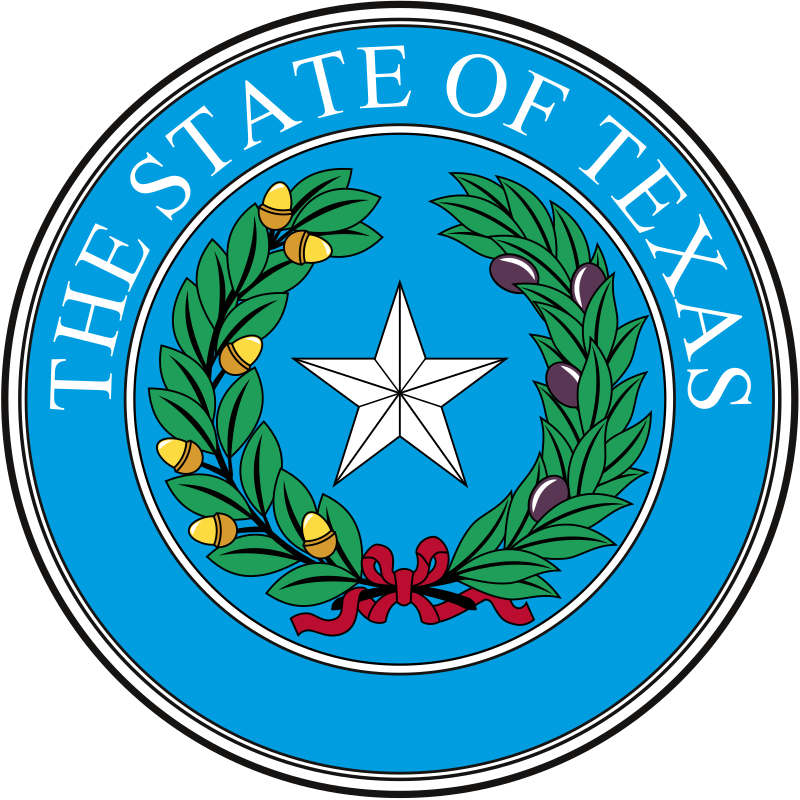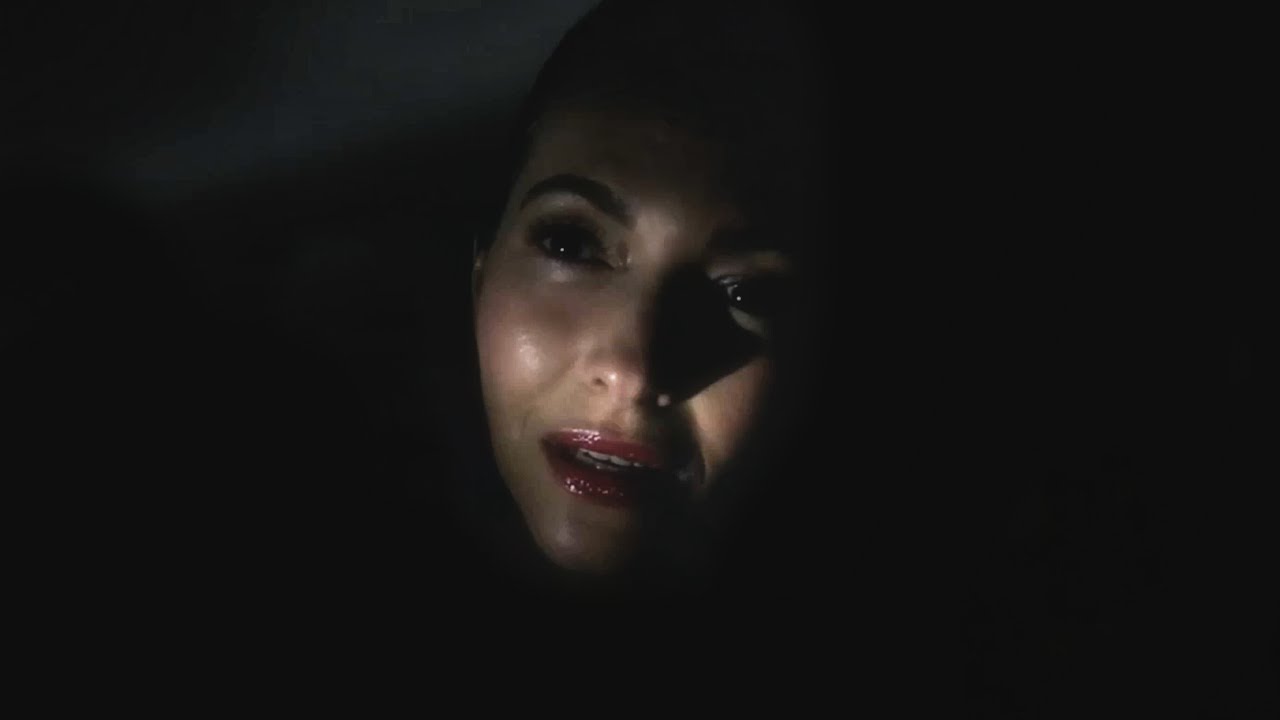

The transcripts won’t be released unless they’re leaked. Giving out any details about the minor he was chatting with risks exposing the victim, who is possibly still a minor. Releasing the transcripts would be an incredibly damaging move, and not to Beahm; people would almost certainly doxx the kid immediately, possibly putting them at even greater risk of harm than they would have been in to begin with.
We don’t need to see them, anyway. We’re not involved. We have nothing to gain from reading the details. If self-admitting to having inappropriate conversations with minors isn’t evidence enough to convince you one way or the other, then I really don’t see how reading a sext thread with a child will make much of a difference.













Where did that age come from?